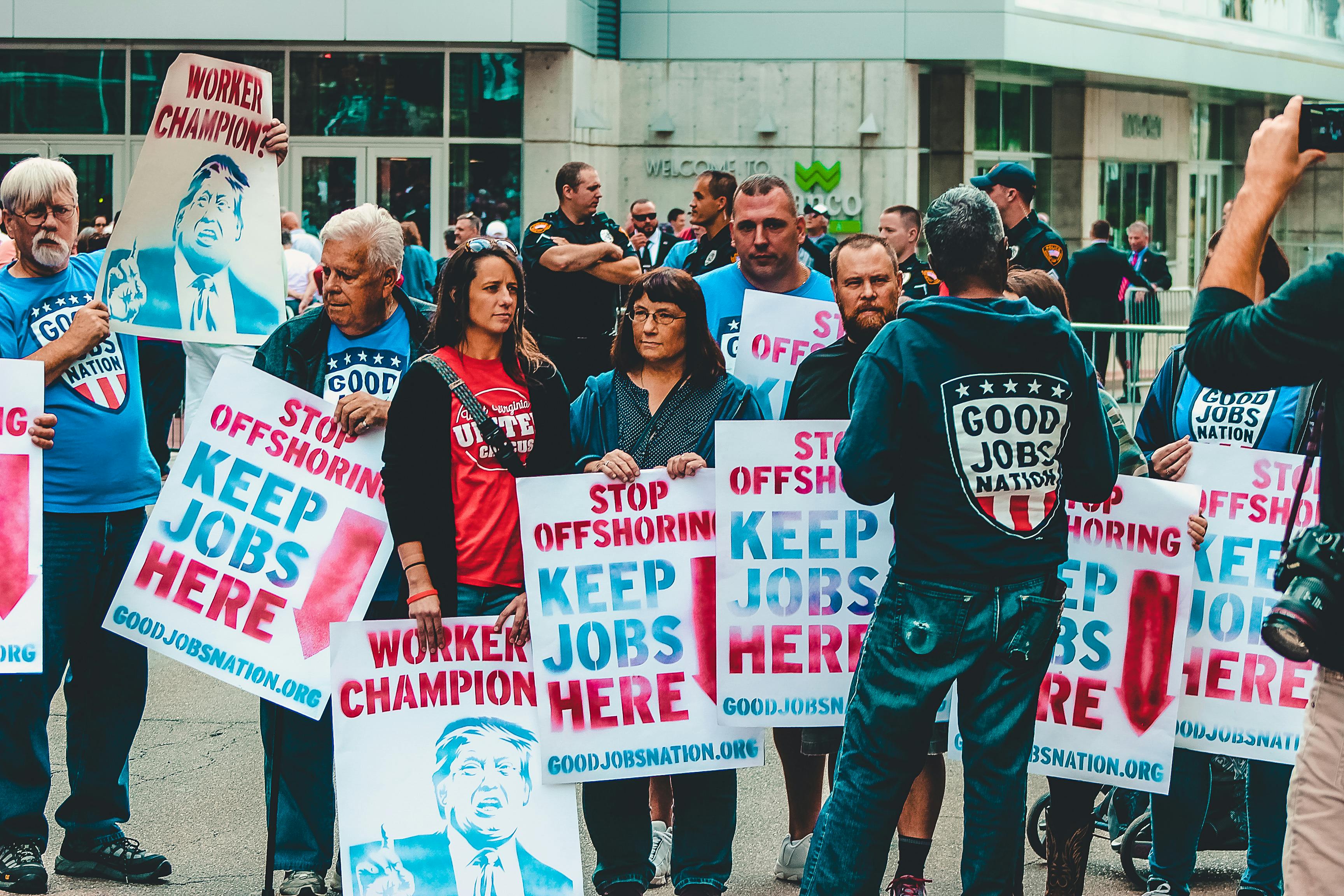We live in an age where our value systems are called into question every day, as many economies continue to struggle and the cost of huge corporate bailouts has led to severe austerity measures in much of the Western world. This has created the need for many companies to question the link between morality and ethics in the business world.
What is morality in business? They tend to refer to well-used words like transparency, fairness, equal opportunity, and free markets. But often these phrases still lack real meaning in today’s competitive business world.
Ethics, on the other hand, is more concerned with how we behave and judge others in the business world, regardless of the laws that govern the way we do business. Often these two values collide and only add to the confusion many people feel about today’s business world.
The case of how banking corporations have responded to huge cash bailouts that have now bankrupted governments calls into question the ethics of double standards in business. On the one hand, we can affirm that these debts will be repaid one day, but many banks still give bonuses for financial bankruptcy. This is an ethical problem.
The so-called moral malaise that our societies currently face is often fueled by leaders who publicly declare their support for a deadly issue like equal opportunity or transparency, but privately approve otherwise. This leads to a mixed message and growing cynicism within society.
Lawyers are often faced with the strange paradox of choosing a moral or ethical position, when it is the client who pays the bills. This has led to a general distrust of the legal profession, which may profess a moral position, but is ignorant of the ethics of taking this position. A client may be within the law and morally correct according to the law, but ethically wrong.
Management professionals often cite that a successful company must be aware of its social obligations, but at the same time make a profit. This paradox leads to compromise, and ultimately moral duties are eroded, without profit to compensate. Should supermarkets donate to a food bank? Or would it mean a loss of business?
Perhaps the solution to the problem of a morally or ethically run business lies in how well it depends on the community to do business. A business that is close to the community is likely to sacrifice profit over the obligation to help. It is a way that a business can grow.
Bottom line businesses often bypass the moral route, focusing on honoring business agreements, rather than supporting a community, ethically. Ethical business deals can be respected, but at the same time any negative effects on the community are ignored.
In this new age of global competition, we can only assume that as profit and survival outweigh moral responsibilities, unethical business practices may increase. And as the recession continues, questions about corporate and business responsibility in an age of austerity will continue to arise.

